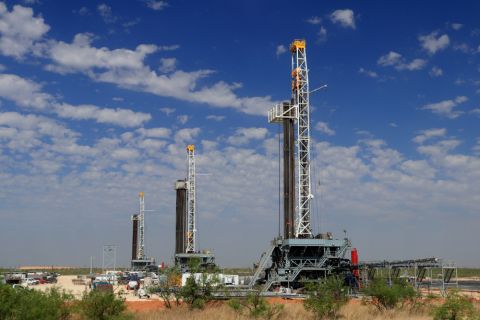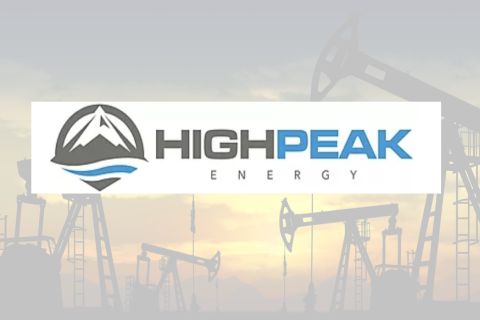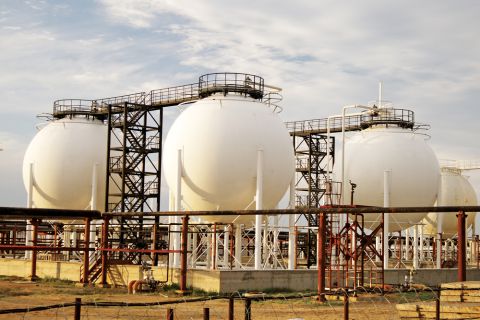German utility Uniper has started producing methane gas derived from wind power and feeding it into gas pipeline networks at its Falkenhagen site as the country seeks wider uses for renewable energy.
The step, part of the European energy project called STORE&GO, demonstrates that it is feasible to produce entirely green energy with qualities identical to natural gas, Uniper said in a statement.
The plant was set up six years ago, initially producing green hydrogen by using electrolysis, which involves running wind power through water to split it into oxygen and hydrogen in a process known as power-to-gas.
In another step, methanation, CO2 from a bio-ethanol plant has been mixed with hydrogen to create a gas-like substance for the past 12 months.
"Green methane can be used in many ways, for example as a fuel, to generate heat and electricity in power plants or at home, and as a raw material for the chemical industry," the statement said.
"At the same time, the unrestricted use of existing natural gas infrastructure opens up new opportunities for the transport and storage of energy generated from renewable sources."
The plant currently produces up to 1,400 cubic meters of synthetic methane a day, which corresponds to approximately 14,500 kilowatt hours (kWh) of energy, Uniper said.
With this amount, about 200 gas-fuelled Golf class cars can be supported to each drive 150 kms a day.
Uniper said the methanation is designed for continuous operation and constantly achieves a very high quality of feed.
Germany needs new ways to use and store renewable energy as a boom in wind and solar power has led to excess production.
Billions of euros were spent over past decades to build up a natural gas infrastructure, which the Berlin government wants to use to store carbon-free energy in future, rather than retiring it once renewables largely replace coal, nuclear power and gas by the middle of the century.
Apart from Uniper, power and gas grid firms Amprion and Open Grid Europe, and another group made up of TenneT, Thyssengas and Gasunie Deutschland are also pursuing plans for large-scale hydrogen plants.
Recommended Reading
TPH: Lower 48 to Shed Rigs Through 3Q Before Gas Plays Rebound
2024-03-13 - TPH&Co. analysis shows the Permian Basin will lose rigs near term, but as activity in gassy plays ticks up later this year, the Permian may be headed towards muted activity into 2025.
For Sale, Again: Oily Northern Midland’s HighPeak Energy
2024-03-08 - The E&P is looking to hitch a ride on heated, renewed Permian Basin M&A.
Gibson, SOGDC to Develop Oil, Gas Facilities at Industrial Park in Malaysia
2024-02-14 - Sabah Oil & Gas Development Corp. says its collaboration with Gibson Shipbrokers will unlock energy availability for domestic and international markets.
E&P Highlights: Feb. 16, 2024
2024-02-19 - From the mobile offshore production unit arriving at the Nong Yao Field offshore Thailand to approval for the Castorone vessel to resume operations, below is a compilation of the latest headlines in the E&P space.
E&P Highlights: Feb. 26, 2024
2024-02-26 - Here’s a roundup of the latest E&P headlines, including interest in some projects changing hands and new contract awards.





